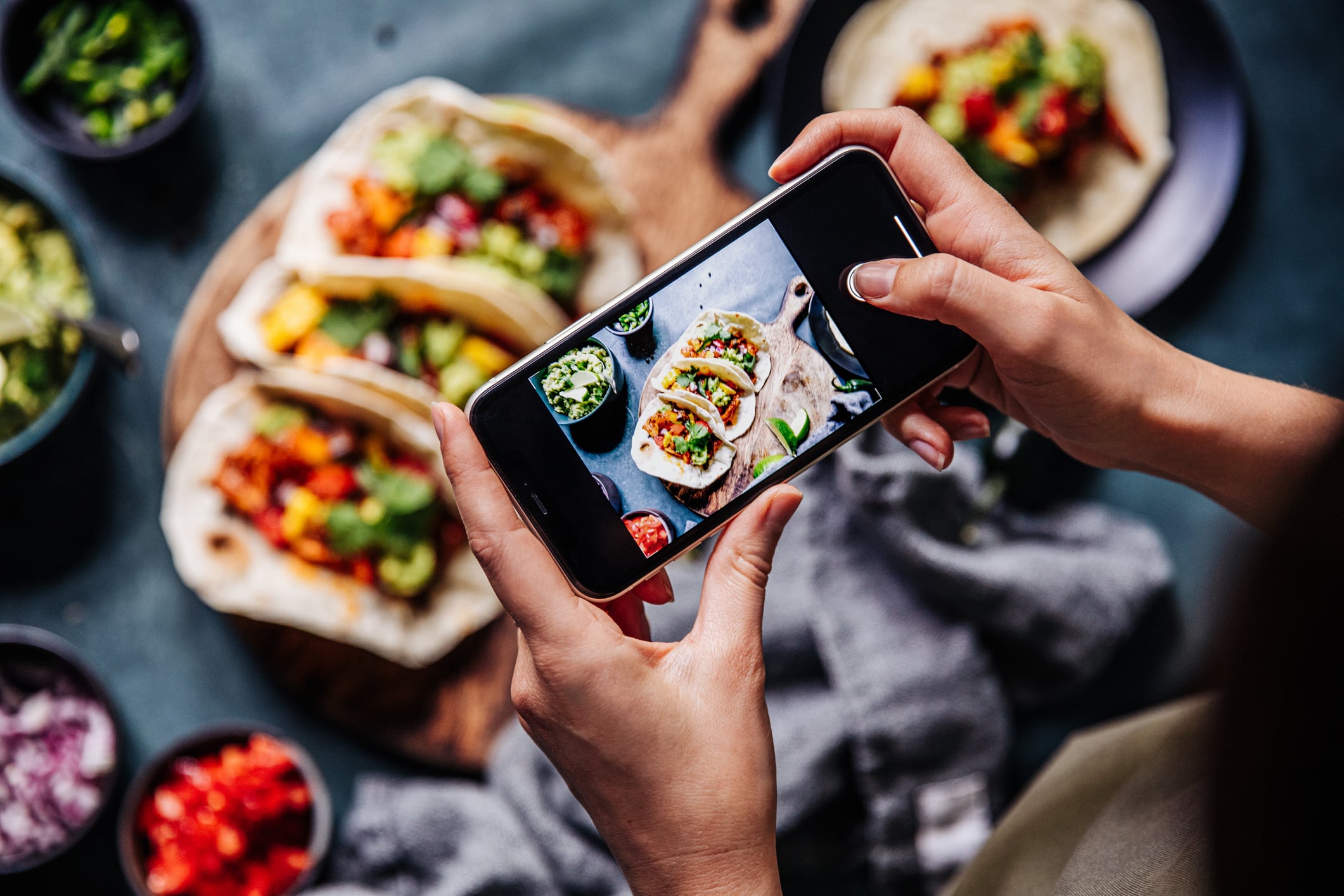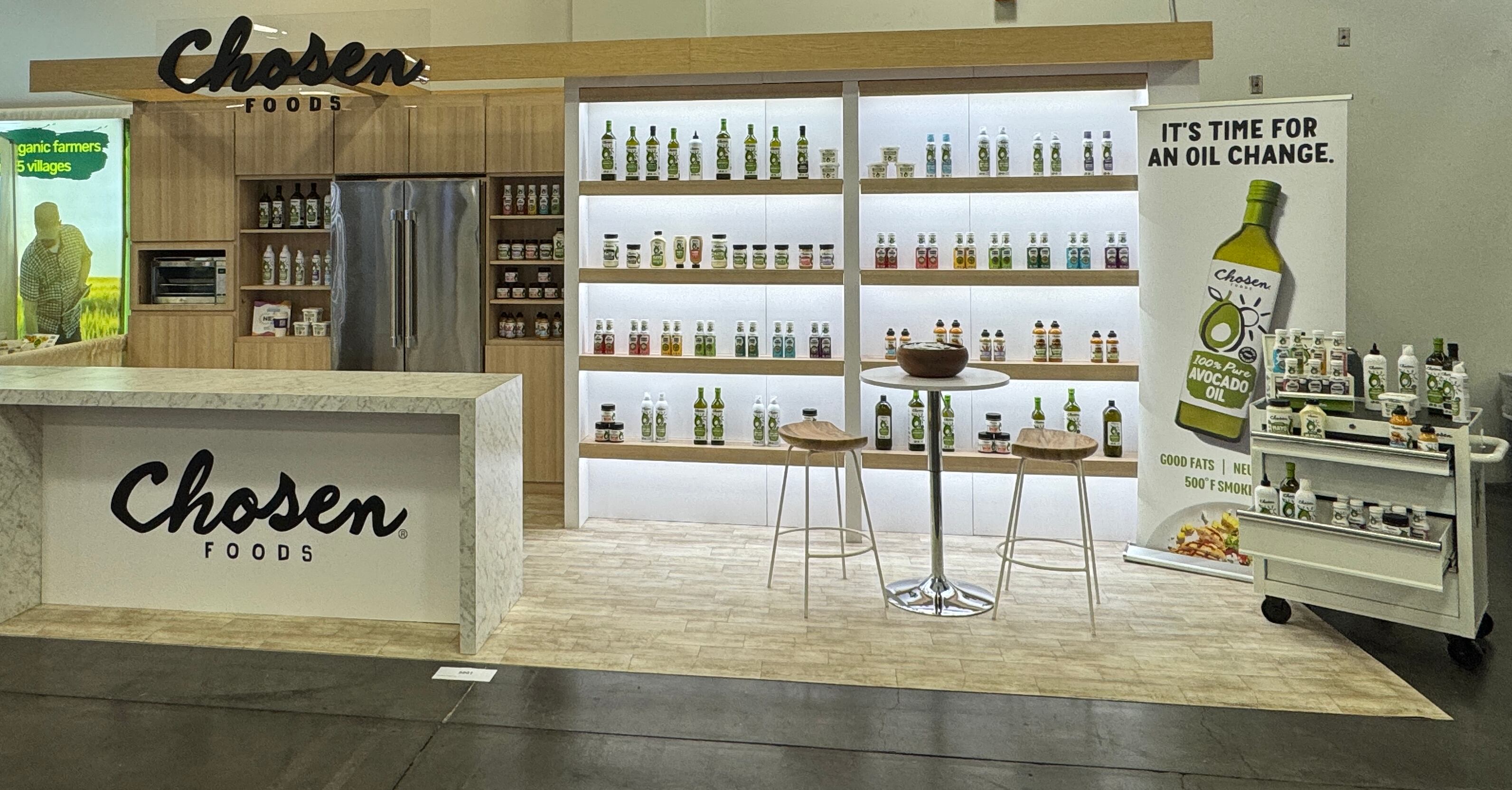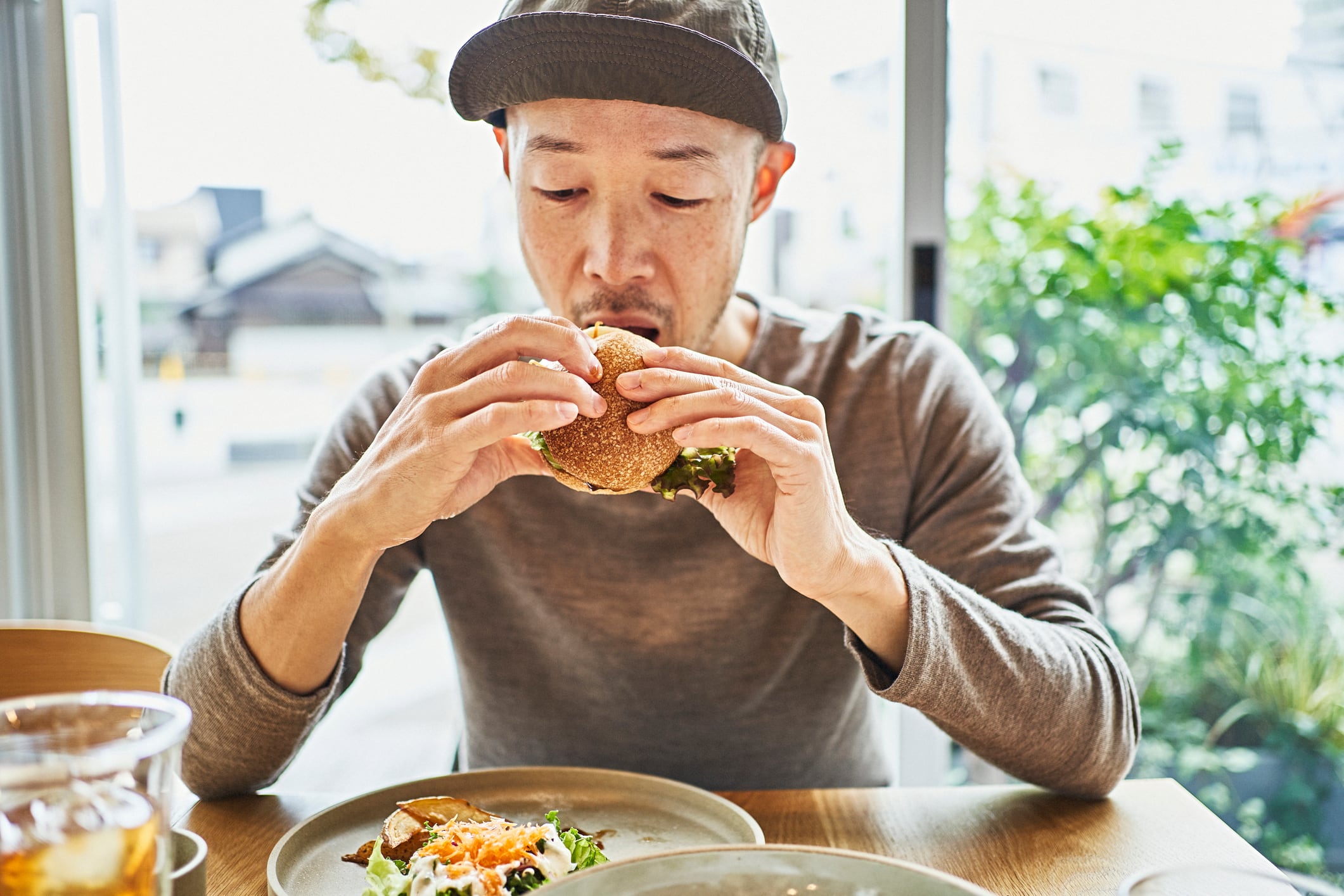Vegan is the leading term consumers search for when seeking animal-free products. But is it the best word to describe a growing food category?
During a passionate debate about the future of the plant-based category at IFE in London this month, three sector experts argued the pros and cons for both terms.
“Vegan is a product descriptor, it’s something people are looking for like gluten-free,” argued Vegan Society sales and marketing manager Karen Spinner.
“Consumer insights tell us for the past five years on Google, people have been searching globally 14 times more for vegan than plant-based.”

On LinkedIn, however, more people searched for plant-based than vegan, she explained. This was likely down to a higher number of food and drink industry professionals searching the term for business.
Brands were already beginning to urge the sector to move back to vegan labelling, she claimed. “Two owners in the meat alternative space have both said we have to put vegan back on products because no one knows what plant-based is,” said Spinner.
Plant-based wasn’t a bad term, she conceded, but it didn’t provide the security that a vegan label did as plant-based didn’t give assurances a product did not categorically contain no animal products.
“We seem to get very emotional about veganism, but when we put vegan on a product, it’s a descriptor. If you’re wanting to get to flexitarians and vegans, then you can’t be misleading.”
Can vegan and plant-based exist together?
Both labels could exist in the same space, argued Plant Futures Collective founder Indy Kaur.
Since veganism really hit the supermarket shelves in 2018, the category had been revolutionised, said Kaur.
“We’re at this point where to reach mass market we need a new strategy,” she said.
“The previous strategy worked well to meet the needs – as a vegan on a vegan diet it was hard to find food, but the shelves are filled now, especially in the UK where you can eat an incredible vegan diet."
The distinction between vegan and plant-based would become increasingly important as more consumers seek to reduce their intake of animal products, but “vegan is still a loaded term,” Kaur said.
I find the UPF conversation so frustration because I feel it’s been weaponised against the vegan sector
Karen Spinner, Vegan Society sales and marketing manager
Negative connotations around veganism was “a shame”, she added, saying it’s “one of the most compassionate diets out there. But when you talk about it there’s a huge emotional reaction”.
To a certain extent, there was an age or demographic split between consumers comfortable with veganism as a descriptor and those who weren’t, with younger generations tending to be more embracing.
“The demographics of Veganuary for as long as I can remember was a 34-year-old woman on Facebook,” said Veganuary chair and co-founder Jane Land.
“But if we go back to that education around veganism and reinforcing it, it was always about give it a try and encouraging it and being non-judgemental.”
What’s the future of plant-based?
While there wasn’t a clear winner on the terminology that should be promoted, all three experts agreed a phenomenal future for the category was ahead.
But to move forward more positively, the experts each urged for one thing:
“What’s difficult is for a lot of emerging brands and businesses having access to retail and often a lot of power is with one buyer and it’s not manageable,” said Kaur.
“So, if we could create platforms and events to get innovators face-to-face with a buying team, it would help. Retailers and buyers need to get what they need and then start-ups to get what they need. You also need feedback.”

For Land, Veganuary participants were saying one thing very clearly: “the number one ask that’s been consistent since 2014 is cheese. It’s the number one thing people miss followed closely by eggs. It’s great to see more innovation is happening.”
And for Spinner, there’s a need for the category to invest more in promoting itself and educating consumers, especially around rising topics such as ultra-processed food (UPF).
“I find the UPF conversation so frustration because I feel it’s been weaponised against the vegan sector,” she argued. “We all eat UPFs, I had a hot cross bun for breakfast. We eat cake and processed food.
Consumers weren’t clear on what a UPF was, but misinformation was potentially leading them to miss out on some of the benefits of vegan and plant-based foods.
“I think people do want to understand more. Some people are worried about vegan meat, but they’ll have a load of ultra-processed foods in their cupboards anyway. We need to educate and look at the dietaries.”





